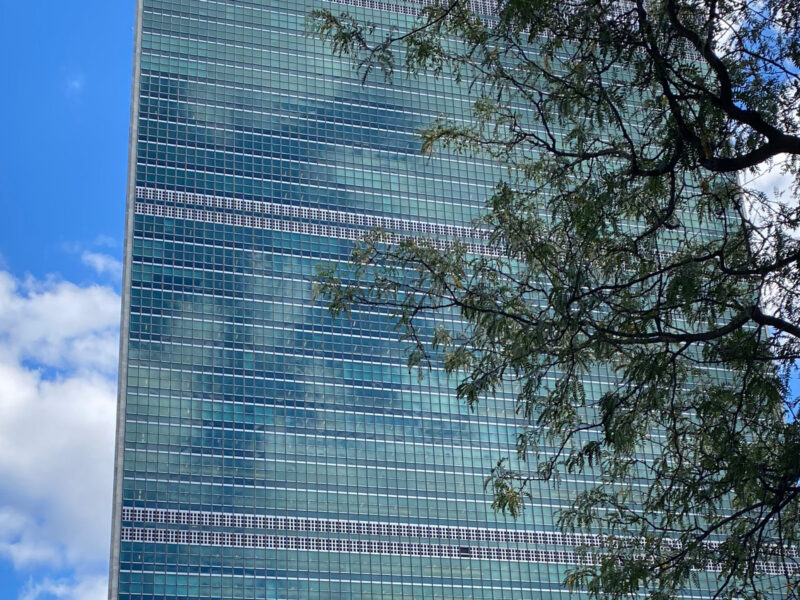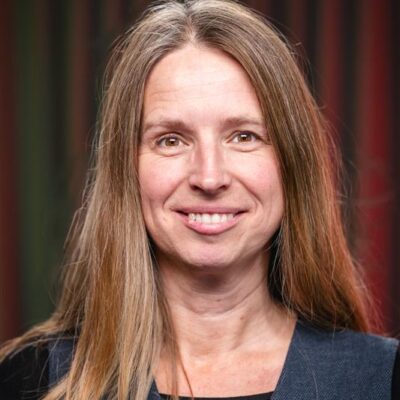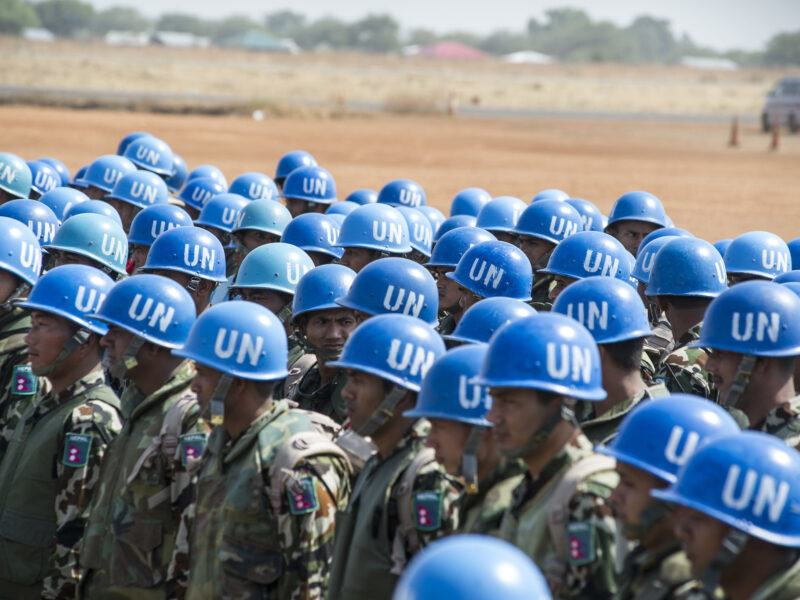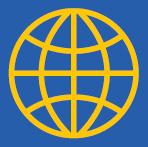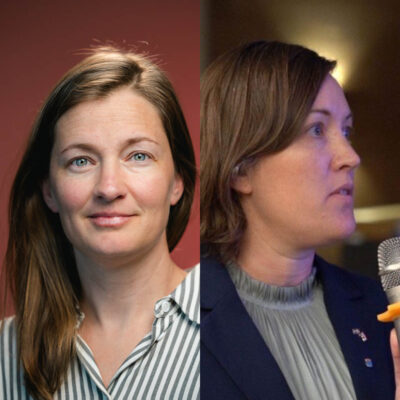Here, there and everywhere: offline and online rule of law
Internet and a fad that is not passing
The most famous remarks about the Internet came from those who should have known better, brushing it off as a passing fad in the early days of the World Wide Web.
Since then, predictions on new developments, not least for social media, tend to be much more optimistic. One chief reason for the success of the Internet has been its freedom to grow – to become a natural extension of human communication. While those who brushed it off as a passing fad were clearly in the wrong, there is one recent trend that will not fade anytime soon – the mounting threat to freedom online.
Closing space
In a new report from Carnegie Endowment for International Peace, Thomas Carothers and Saskia Brechenmacher argue that we are today seeing a negative trend for democracy promotion around the world. In the list of usual suspects we find Turkmenistan and Russia, but also countries like Turkey, Indonesia, Nepal and Bangladesh.
The authors explain this trend as “a closing space” where more and more countries are closing the space for those working to support and promote democracy, human rights, the rule of law and security.
The closing space takes many forms. When repressive rule intensifies, regulation follows that restricts civil society (new laws on registration of organisations and onerous tax requirements are quite popular), and the curtailing of freedom of association, assembly and expression. Regulations are enforced by the security forces, democracy and human rights activist harassed and threatened, tried in court without due process, and given harsh punishments. These are the features of repression that we are familiar with and can easily observe.
Online repression and security
Freedom online, many now argue, is the latest frontier in the fight against authoritarianism, intolerance and repression. The shift in communicative power has spurred government efforts to restrict and control the use of the Internet for information and communication on political, moral, cultural, security, and other grounds.
Securing free internet access and responsive online regulation, is important for two main reasons. First, social media serves as an early warning mechanism for mass atrocity crimes and crimes against humanity, and allow for the possibility of tracking and following events in real time. This provides the international community a better chance of proactively addressing a crisis before it becomes a conflict. Social media also gives a voice to victims and witnesses, to share their experiences with one another and with the outside world through text, images and video.
Second, while economic growth might be possible with restricted freedom, there is a well-established empirical record that economic development and freedom are inexorably linked. Thus, curtailing freedom online is not a sound strategy from an economic and human development perspective.
The countertrend in practice
Following the closing space trend, a number of countries have adopted strict regulations for Internet access, while also establishing lax regulation for state online surveillance. Another fashion of closing the online space is technical but more effective and a myriad of solutions are available for governments so inclined – filters, blockages and slow lanes.
Freedom House identifies three possible ways in which states limit the Internet today: one is through obstacles to access, including restrictions imposed by governmental policy or economic conditions, such as a lack of infrastructure. Second is to limit content, for example through self- or government-censorship. A third way is restrictions on the rights of users, such as (un)lawful disconnection. The latest example is Putin’s plans to disconnect the Internet in favour of a “Russian Internet” when national security so dictates.
Many countries do not have a legal framework for Internet use, or the technical capacity and know-how for effective control and blocking of content. Yet, in many of these countries there are tendencies towards closing the space of access and expression. The African Union Convention on Cyber Crime and Personal Data Protection, for example, allow judges to seize potentially vast amounts of data where it is “useful for establishing the truth”. The Convention also allow states to intercept data traffic on shaky grounds.
The African Union Convention is not that different from other attempts to regulate the Internet. However, the Convention should be understood in a context of increasing authoritarianism in Africa where out of 49 countries in Sub-Saharan Africa, 39 are listed as Not Free or Partially Free in the latest Freedom House Ratings.
We know from experience that good and bad ideas travel just as well and the concern here is that the countries with limited Internet governance will borrow from those with well-developed repressive regulation.
What is needed?
There have been many different responses to the growing encroachment of freedom online. Multilateral institutions and non-governmental organisations have been successful in highlighting specific human rights that are particularly vulnerable online, and supporting activist bloggers and democracy promoters.
This is good but not enough. What is needed is a more systematic response to the closing space trend online that resembles the response offline. This means an international agenda going beyond specific individual rights, to also look at rule of law principles for Internet governance and the capacity of national systems to monitor and uphold these principles – that is, the capacity of the judiciary, parliament, supervisory bodies as well as the publics’ awareness of their rights and remedies online.
While a copy-and-paste benchmark of what Internet governance should look like in detail would be impractical, an international set of principles guiding online governance more broadly could go a long way. This includes core rule of law principles such as legality, proportionality, accountability, transparency and right to legal redress – as a framework for legislators when writing laws and for the executive and civil servants when implementing them.
Moreover, the international response to strengthening freedom online should be incorporated as a natural component in already ongoing technical assistance programmes, bilateral dialogues and multilateral forums on rule of law, democracy and human rights. After all, repression is repression wherever and whenever it takes place.
(Thanks to Tove Nyberg for background research)
av Richard Sannerholm



